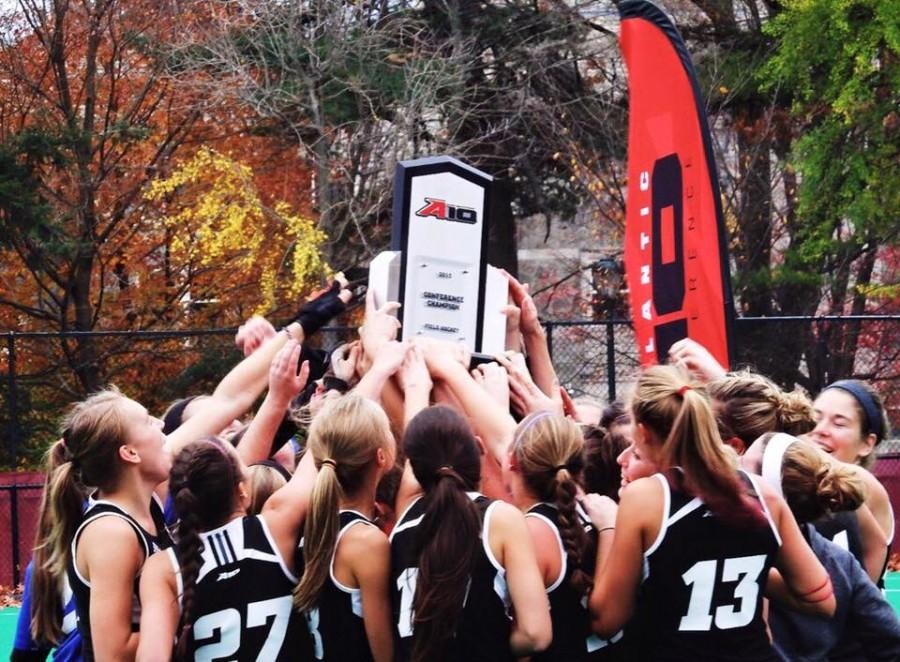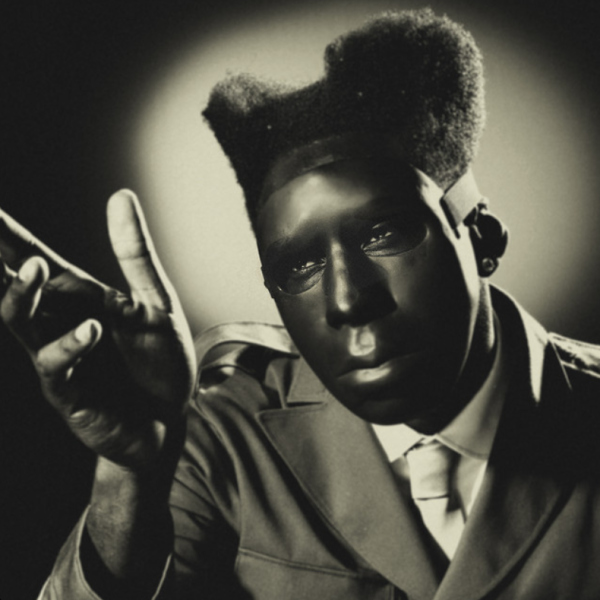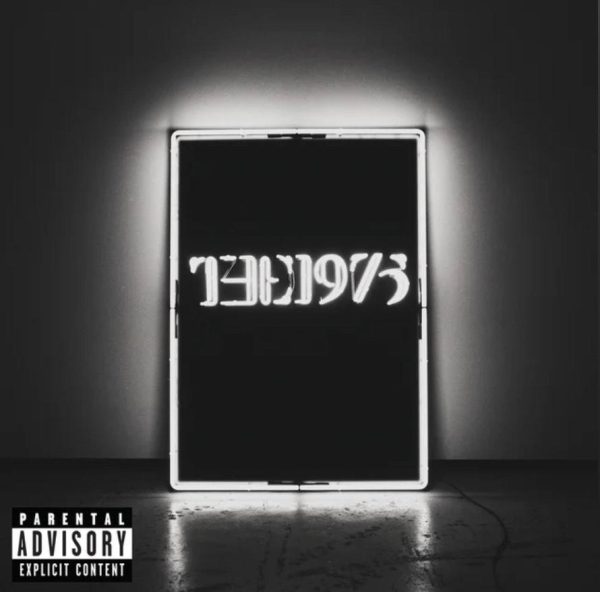I’m college athlete and you should drug test me
When the final whistle blew after a 70-minute game against our number one rivals, we were finally crowned A10 Field Hockey Champions in November 2013. We had won our ticket into the NCAA tournament, which hosted the top 16 field hockey teams in the entire country. We went on to achieve the unthinkable and progressed to the second round, placing University of Massachusetts Amherst Field Hockey in the top eight most elite teams in the nation.
But despite all my expectations, we were never drug tested.
Leading up to the NCAA tournament, I fully expected to be drug tested at random due to the elite level of competition. But according to the NCAA Field Hockey rules, only the two teams in the Championship Final are to be tested. This means only two field hockey teams in the entire country are definitely tested by the NCAA at the tournament.
This isn’t good enough. All of the teams that make it to the NCAA tournament (the top 16 teams) should be tested for recreational and performance enhancing drugs.
The professional sporting industry is currently fighting the biggest battle to make sports clean again by trying to stop the use of performance-enhancing drugs by world-class athletes. It was recently made public that tennis superstar and five-time Grand Slam winner, Maria Sharapova, had been taking a performance enhancing substance for 10 years. She’s not alone.
More and more athletes are testing positive for drug use at a World and Olympic level. Since the release of Sharapova’s failed drug test on March 7, it was stated that over 100 more athletes have also been caught cheating using the same performance-enhancing drug, meldonium.
It’s vital that the NCAA sets the highest example by implementing much stricter policies surrounding drug use among college student athletes. A huge proportion of sporting success begins at the NCAA college level with the thousands of young, talented athletes. It’s only logical to impose the strictest consequences on the next generation of up-and-coming stars.
As a Division One athlete now in my third year of college, I have played in three conference championship games, two NCAA tournaments and I’m currently field hockey captain. I have still never been drug tested. This is not acceptable. The NCAA oversees more than 460,000 college athletes and spends more than $2.4 billion on scholarships every single year.
The amount of money invested into America’s collegiate sports is honestly, just a little crazy. Yet the drug testing process is random selection and some athletes will never be tested in their entire college career.
The system devotes billions of dollars towards a group of 18 to 22-year-olds who are not forced to commit to four years of being completely drug free. Higher standards should be demanded of athletes.

Now don’t be fooled. Obviously some drug testing takes place as it is a monthly procedure with teams on a Division One campus. However, the consequences of a failed drug test are not strong enough.
Here’s how it works.
College athletes face two types of drug tests.
First, the NCAA holds its own drug testing procedures at championship events. However, the NCAA can also host random spot tests on any college, whenever it wants. For your first failed NCAA drug test, you immediately lose one full year of eligibility. A second positive test for street drugs results in another lost year of eligibility. But a second positive test for performance enhancing drugs will end the student athlete’s career.
Second, each college hosts its own periodic drug testing. It’s up to the institution to decipher the policies and punishments of the athletes. UMass guidelines for failed tests are as follows:
- First positive test results in regular follow up testing for the remainder of the athlete’s career.
- Second positive test results in the athlete’s immediate suspension from 10 percent of competition and he or she could face the reduction of an athletic scholarship.
- Third positive test results in the athlete’s immediate suspension from 50 percent of competition and he or she could also face the reduction of their athletic scholarship.
- Fourth positive test results in the termination of the athlete’s eligibility.
Considering the semi-professional treatment of student athletes, being able to fail a drug test four times before termination of their athletic career doesn’t seem ethical.
We are adults; as athletes, we signed up for this. We agreed to commit our college career to a sport. We should be held responsible for our actions. I believe if athletes fail a drug test, whether it is through college or NCAA testing, they should be instantly deemed ineligible to continue their college-sporting career.
Imposing stricter sanctions on college sports is far from unreasonable, as being a college athlete comes with a ton of benefits. The NCAA spends $100 million a year to enhance academic opportunities for athletes, provide free equipment, clothing and even emergency travel expenses. Athletes also have access to free tutoring to keep them from falling behind in the classroom. The list goes on. Tangible or not, financial or priceless, the benefits of being a college athlete are huge.
It’s only ethical that athletes involved in collegiate sports can dedicate and agree to a drug-free college career by undergoing firmer drug testing. It’s up to the NCAA to apply stricter testing regulations to all 23 NCAA sports nationwide to try and completely abolish the use and culture of recreational and performance enhancing drugs among athletes.
***
Performance enhancing drugs are any substance taken by athletes to improve performance. This term is referenced often and typically refers to anabolic steroid use in sports by professional and amateur athletes.
NCAA Banned Substances:
- Stimulants: such as Adderall, caffeine, cocaine and Ritalin.
- Anabolic Agents: such as testosterone.
- Alcohol and Beta Blockers (banned for rifle only)
- Diuretics and Other Masking Agents
- Street Drugs: such as heroin and marijuana.
- Peptide Hormones and Analogues: such as the human growth hormone.
- Anti-estrogens
- Beta-2 Agonists
See NCAA.org for the full list of banned substances.
Drugs and Procedure Subject to Restriction:
- Blood Doping
- Gene Doping
- Manipulation of urine samples
- Local anesthetics (under some circumstances)
- Beta-2 Agonists permitted only by prescription and inhalation
Hannah can be reached at [email protected], or follow her on Twitter @HannahEbony95.











